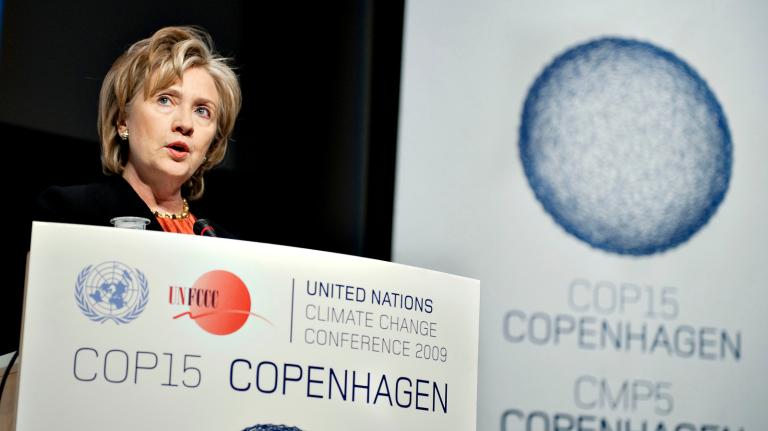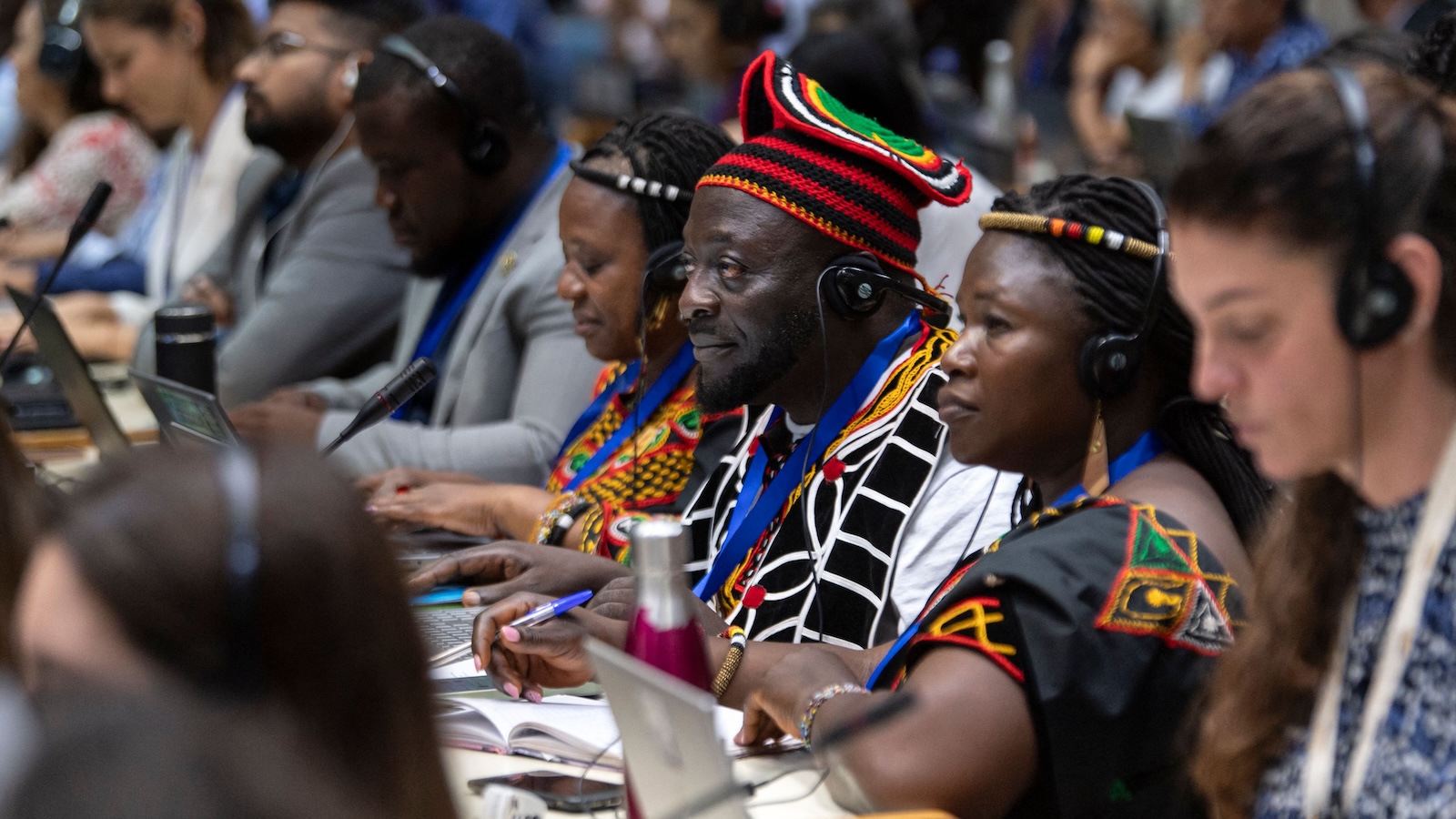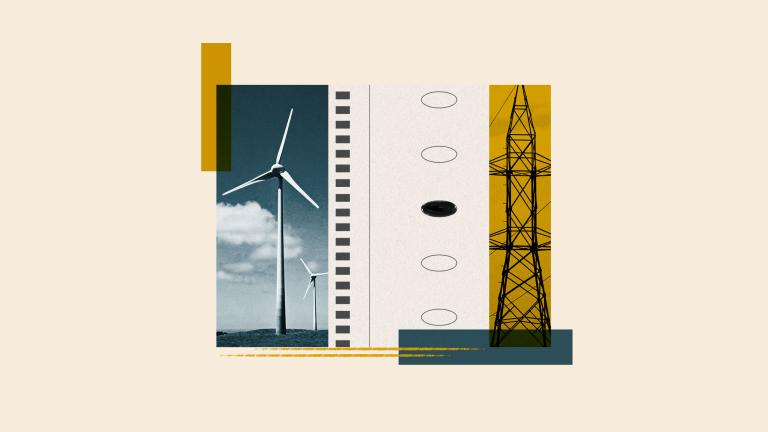In March 2022, the world pledged to negotiate a treaty addressing the “full life cycle” of plastics. Twenty months later, countries still can’t agree on what that means.
A third round of talks over the global plastics treaty ended in frustration this weekend, as so-called “low-ambition” countries hindered progress by litigating the definition of basic terms like “plastics” and “life cycle.” Observers noted some signs of progress — like growing support for measures to address harmful chemicals that are commonly added to plastics. However, negotiators now have no formal work plan for the five months leading up to the next round of discussions and are significantly behind schedule, according to several advocacy groups that Grist spoke with.
“These negotiations have so far failed to deliver on their promise … to advance a strong, binding plastics treaty that the world desperately needs,” said Ana Rocha, global plastics policy director for the nonprofit Global Alliance for Incinerator Alternatives, or GAIA, in a statement. Another nonprofit, the Center for International Environmental Law, said in a press release that without a “rapid course correction,” the treaty would “succumb to inertia and eventual disaster.”
Last week’s talks were part of a process that’s been ongoing since March 2022, when countries agreed to craft a treaty to “end plastic pollution” by addressing its entire life cycle. The first two rounds of discussions — conducted by an Intergovernmental Negotiating Committee, or INC, composed of representatives from each country — were dominated by broad and often procedural conversations, with lots of stalling from oil-producing countries.
This latest session, held at the United Nations Environment Programme headquarters in Nairobi, Kenya, was the first time delegates had a so-called “zero draft” to spar over: basically, a laundry list of potential definitions, objectives, and other considerations for the final agreement, which countries agreed to have ready by the end of next year. Hopes were high that delegates would read through the draft together, make some recommendations, and give the secretariat a mandate to prepare an official first draft by the beginning of the fourth — and penultimate — negotiating committee session in April.
That’s not what happened.
From the outset, a small group of oil-exporting countries including Russia and Saudi Arabia argued that the zero draft did not reflect all countries’ perspectives and therefore could not serve as the basis for negotiations. To assuage these concerns, the secretariat allowed countries to submit some 500 additional proposals, causing the draft to more than triple in length from its original 31 pages. This process was meant to build trust among negotiators — now, there would be no absolutely no way for countries to say their voice hadn’t been heard.
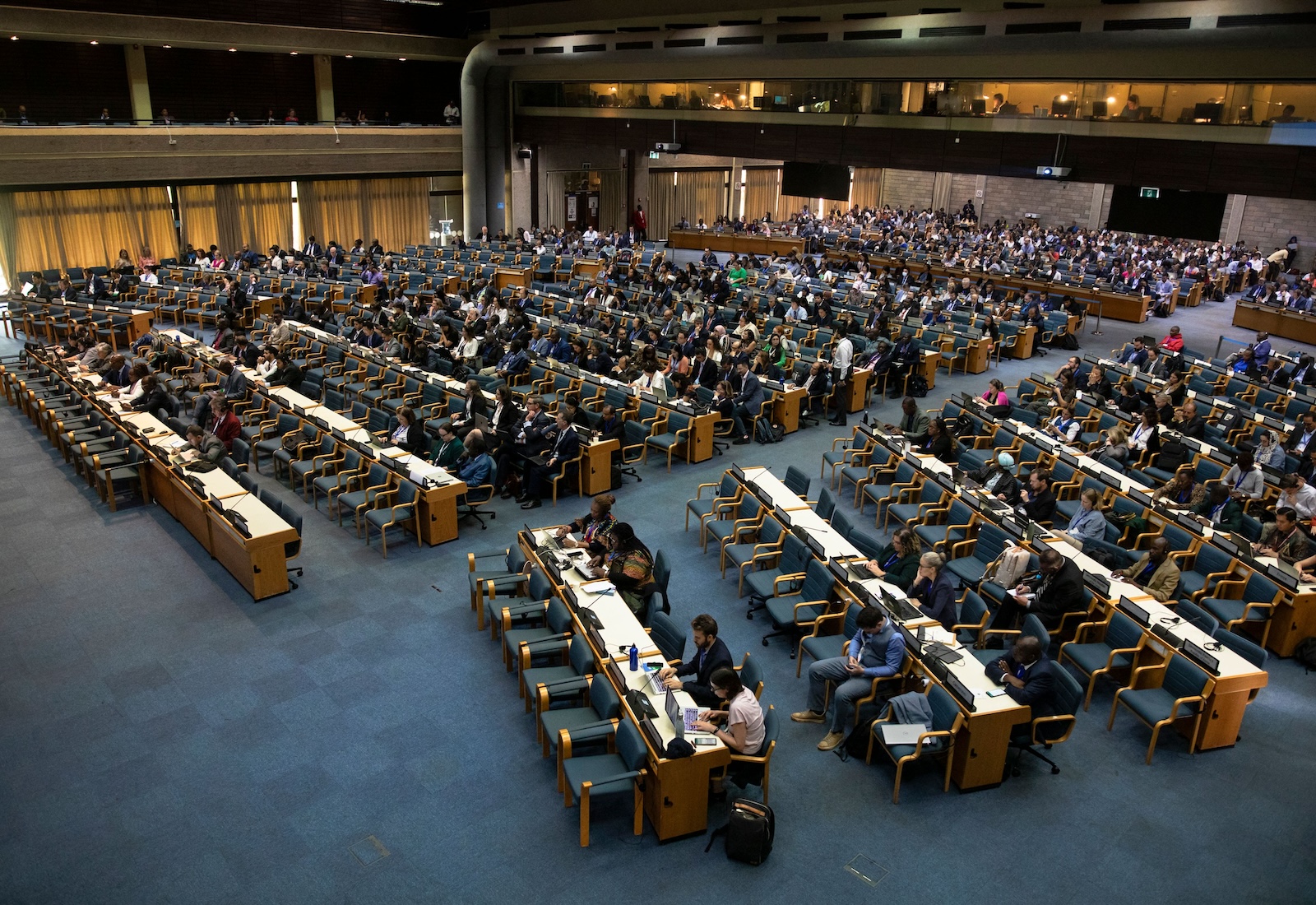
Bjorn Beeler, general manager and international coordinator for the nonprofit International Pollutants Elimination Network, or IPEN, said this was a positive outcome: “More countries own more of the text,” he said, and discussions around different submissions helped further negotiators’ understanding of complex issues. Representatives from the International Alliance of Waste Pickers — a group representing the more than 20 million informal workers who collect and sell recyclable trash, mostly in the developing world — were also able to use this process to suggest more language about a “just transition” for these workers.
Some observers, however, said many of the new submissions to the zero draft were unproductive.
“‘Repetitive’ is a light way to say it,” Rocha told Grist. “Ninety percent of them were watering down the content” of the text.
Rocha said the flood of submissions forestalled more important discussions on the treaty’s substance. Rather than moving onto a new draft, the secretariat is now planning to present an updated version of the zero draft ahead of the INC’s fourth meeting.
Adding to the disorder, member states on Sunday ran out of time to reach an agreement on “intersessional work” — the important discussions that happen between negotiating sessions. Because there are only two week-long INC meetings remaining before a final draft is due at the end of next year, this intersessional work is considered critical for progress on issues like what to do about hazardous chemicals and microplastics, and how to finance the treaty.
Jacob Kean-Hammerson, an ocean campaigner for the nonprofit Environmental Investigation Agency, said discussions among negotiators will still happen, but they will now be on a strictly informal, voluntary basis. “It’s not a good outcome,” he said, but it wasn’t an accident: “What we saw is just a few countries holding the process to ransom, and not wanting anything out of this treaty.”
Perhaps the biggest sticking point was over the scope of the agreement — whether it should limit plastic production or focus mostly on cleaning up the oceans and preventing litter. Even though countries already agreed at the beginning of the treaty process to address plastics’ “full life cycle” — a term that traditionally refers to everything from production to disposal — oil-producing countries have repeatedly argued for a narrower interpretation of that mandate. This time, members of a loosely defined “group of like-minded countries” — which includes Bahrain, China, Cuba, Iran, and Saudi Arabia — said the plastics life cycle should only begin when a product is disposed of.
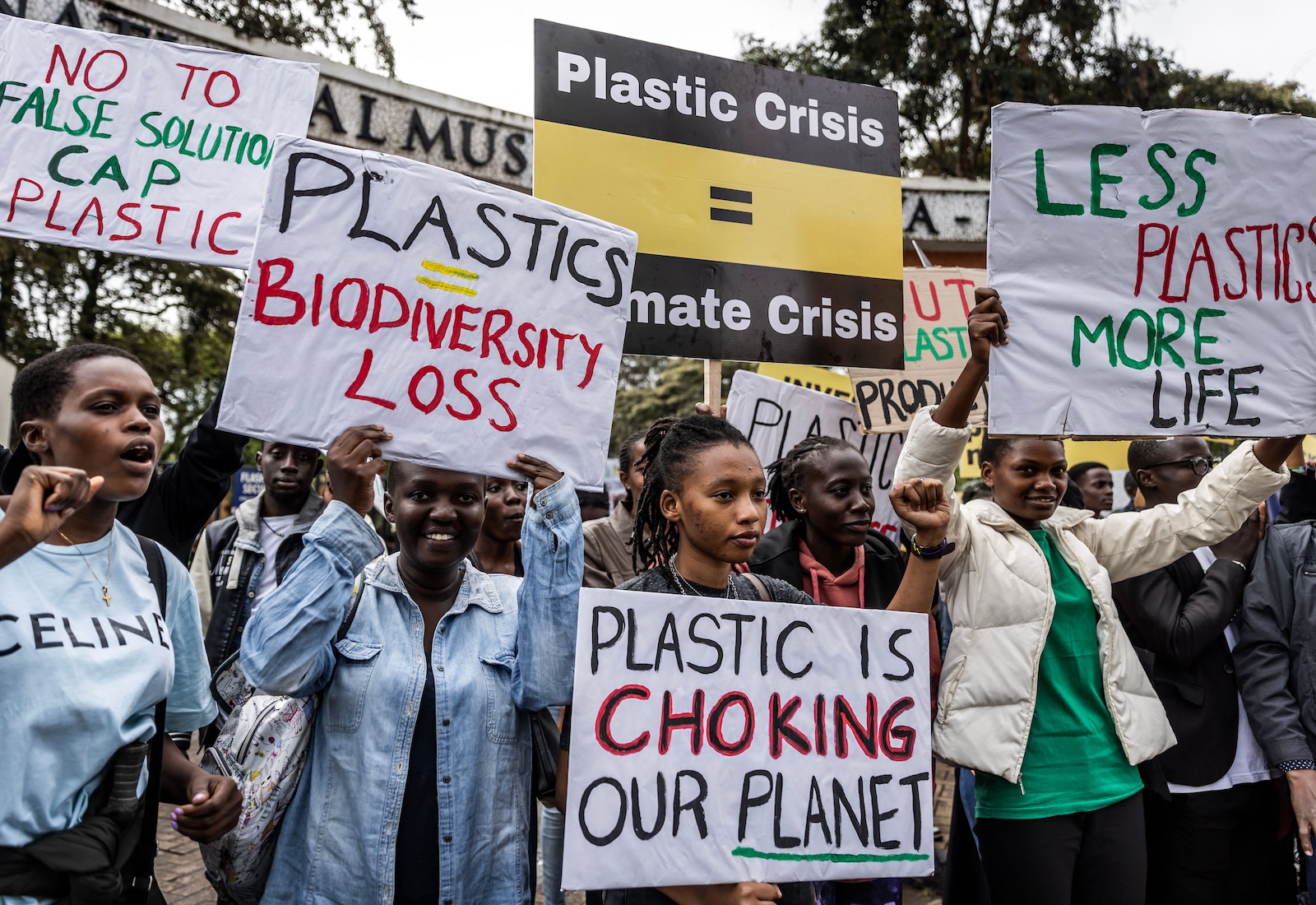
“It makes no logical sense,” Beeler said. To him, it looks like a desperate scramble from oil-producing countries to undo the mandate they already agreed to in March 2022, in response to proposals that are more ambitious than they may have expected. “I don’t think Saudi Arabia or Russia would have ever imagined 18 months ago that we’d actually be looking at controls on polymers.”
Some environmental advocates have also resisted the phrase “life cycle,” but for different reasons: They say it implies a circular life cycle for plastics, in which products can be turned back into new items in an infinite loop. In reality, only 9 percent of plastic waste is recycled globally, and most products can only be recycled a few times before they have to be discarded.
Still, “life cycle” is in the original treaty resolution — and experts told Grist it would be very difficult to remove it.
A majority of countries have expressed support for some sort of mechanism to address plastic production. But the structure of the INC meetings has given outsize power to countries who refuse to negotiate in good faith. At present, all decision-making has to happen by consensus rather than a majority vote, making obstructionism relatively straightforward. Some observers described oil-producing countries’ delegates as “intransigent.”
With just two more meetings and a little over a year left before a final draft of the treaty is due, some observers wondered whether more time will be needed. It’s unclear what kind of progress the so-called “high-ambition coalition” of countries will be able to make at future INC meetings without more cooperation from the oil-producing nations — especially on the critical issue of plastic production, which is expected to nearly triple by 2060, outpacing the capacity for waste collection services and recycling to keep up.
“Major plastic producers just don’t see a connection between plastic production and plastic pollution,” Beeler told Grist.
Beeler resisted some of the most pessimistic assessments of the INC meeting. Progress is going slower than many activists had hoped for, he said, but the plastics conversation in general has ramped up very fast and most countries still need time to develop their national positions.
To get resistant countries to engage at the next INC, he suggested that it might be helpful to steer the conversation toward reduced growth of the plastics sector. “It’s very hard to say you have to cap production,” Beeler said, especially to countries like Russia that are geopolitically isolated and dependent on fossil fuels. “We have to have a serious discussion about how we deescalate the rapid growth of plastic production.”
